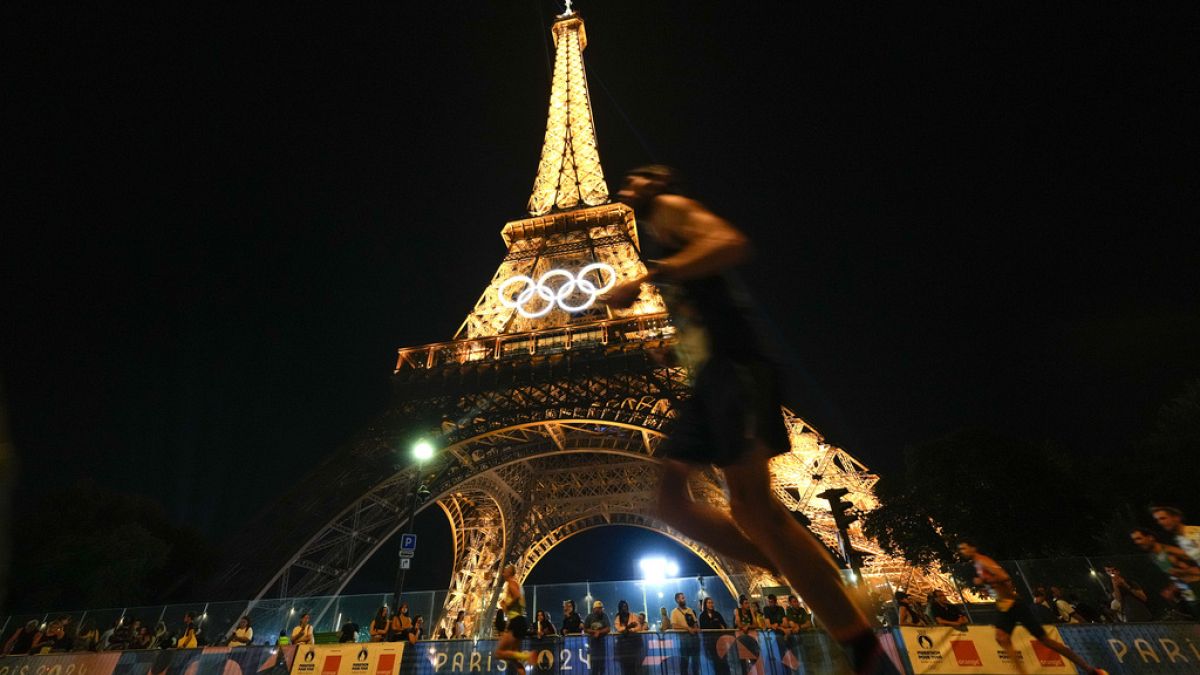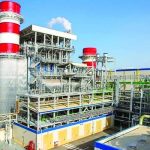Paris’s efforts to clean up the Seine River for public swimming in preparation for hosting the Olympics and Paralympics this summer faced a setback when the Paralympic triathlon competitions were postponed due to concerns about water quality after heavy rainfall. The 11 events are now scheduled for Monday pending water testing results. The disruption is another challenge for Paris, as the men’s individual triathlon event during the Olympics was also delayed and test swims were canceled due to high E. coli levels.
Paris Deputy Mayor Pierre Rabadan expressed optimism about the Paralympic triathlons taking place on Monday, as the trend in water quality is improving. While some Olympic swimmers who competed in the Seine fell ill afterward, officials claim none of the illnesses were linked to the river’s water quality. Despite the setbacks, Rabadan affirmed that athletic events in the river would continue beyond the Paralympics, citing the positive legacy of hosting the Olympic games in the city.
Swimming in the Seine has been prohibited for over a century due to poor water quality, but recent efforts aimed to change that. Organisers invested €1.3 billion in preparing the river for the Olympics, yet concerns over bacteria levels persisted during the swimming and marathon events. The decision to allow public access to the Seine for swimming has been met with challenges, but officials remain committed to maintaining competitions in the river as the water quality improves.
The heavy rainfall in Paris led to an increase in bacteria levels in the Seine River, prompting the postponement of Paralympic triathlon competitions. The 11 events were rescheduled for Monday pending water testing results, marking another setback in Paris’s efforts to clean up the river for future public swimming. Despite the challenges, officials express optimism about the quality of the water improving, allowing for continued athletic events in the Seine.
Paris Deputy Mayor Pierre Rabadan remains confident in the prospects of the Paralympic triathlons taking place on Monday, emphasizing the importance of scientific results in determining the safety of the water. While some Olympic swimmers became ill after competing in the Seine, officials claim there is no direct link between the illnesses and water quality. The commitment to continuing events in the river beyond the Paralympics underscores the positive legacy of hosting the Olympics in Paris.
Despite being banned for swimming for over a century due to poor water quality, the Seine River underwent significant investments to prepare for the Olympics and Paralympics. The disruptions and concerns over bacteria levels during the events highlight the challenges faced in allowing public access to the river for swimming. However, officials remain dedicated to improving water quality and ensuring the safety of athletes and participants in future competitions in the Seine. The setbacks in the paratriathlon events serve as a reminder of the ongoing efforts needed to address water quality issues and fulfill Paris’s promise of cleaner rivers for public use.










